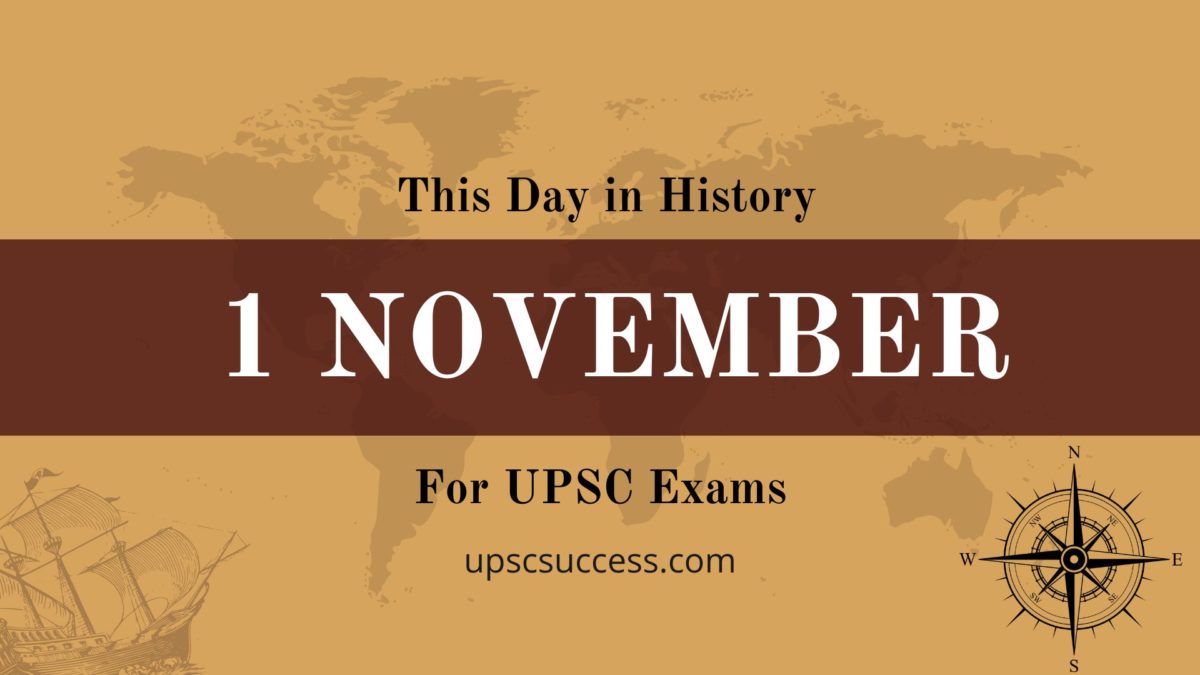Contents
This Day in History on 1 November
The historical events hold a lot of value for aspirants who are sitting for UPSC competitive exams including the IAS Exam.
On this page, we will list all historical events that occurred on 1 November. The students can refer to them while preparing for all competitive exams and banking exams.
Important Days
Karnataka Rajyotava (Karnataka, India)
Kerala Day (Kerala, India)
International Lennox-Gastaut Syndrome Awareness Day
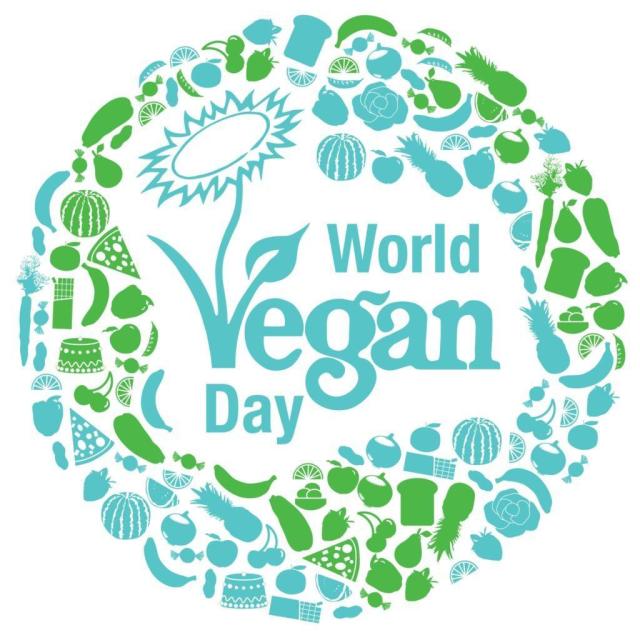
World Vegan Day
Important Events
1755: An earthquake and tsunami destroyed the Portuguese city of Lisbon, killed at least 60,000 to 90,000 people.
1765: Stamp Act was implemented in British colonies.
1848: The first medical college for women opened in Boston, Massachusetts, USA. It was later merged into Boston University.
1858: Her Majesty Queen Victoria was no longer amused with the Company’s loss of control, and India came directly under the Crown of ‘Princes, Chiefs and People of India’. Britain Government took over administrative powers from East India Company to rule India.
1870: US Meteorological Department issued the first official weather forecast.
1894: Buffalo Bill, 15 of his Indians, and Annie Oakley were filmed by Thomas Edison in his Black Maria Studio in West Orange, New Jersey.
1896: Nude pictures were published, for the first time, in National Geographic Magazine.
1913: Ghadar Movement started at San Francisco.
1928: The Government of India changed the Bill into law as it sees fit and enacts a new Revenue Code.
1937: Keral University established.
1945: Australia entered the United Nations.
1948: An Indian brigade group supported by the 7th Cavalry (Stuart tanks) broke through the Great Himalayan Range at Zojila to drive out the invaders from Ladakh district. At approximately 3,500 metres, this was the highest point in the history of warfare that tanks had operated.
1949: Thomason Collage at Roorkee, Uttar Pradesh, was raised to the status of an Engineering University – the first of its kind in India.
1950: First Indigenous steam engine in India built at Chittaranjan Rail factory.
1954: French handed over their territories of Pondicherry, Mahe, Karikal and Yanon to the Government of India.
1956: The Indian states Kerala, Andhra Pradesh, and Mysore are formally created under the States Reorganisation Act; Kanyakumari district is joined to Tamil Nadu from Kerala. Linguistic regionalism came into existence in India, The state of Andhra Pradesh was formed. At that time, Kurnool as its capital, The Kannada-speaking region of South India was merged to form the state of Karnataka. Kerala State Establishment Day, Kanyakumari district was transferred from Kerala to Tamil Nadu.
1956: Madhya Pradesh State High Court was established at Jabalpur having its benches in Gwalior and Indore.
1958: The then Soviet Union conducted nuclear tests.
1961: First passenger Plane flight AVRO HS748.
1966: Haryana state was created from Punjab, and Chandigarh was declared as the Union Territory and capital of both Punjab and Haryana.
1966: Punjab High Court was renamed as Punjab & Haryana High Court. This court was established in Chandigarh for Punjab, Haryana & Chandigarh territory.
1967: Old Punjab, after first partition in 1947, was again seperated into two new states of Punjab and Haryana on linguistic basis, and Chandigarh became a Union Territory.
1968: The Motion Picture Association of America’s film rating system was officially launched.
1973: The Indian state of Mysore is renamed as Karnataka to represent all the regions within Karunadu.
1973: Lakhdeep, Minicoy, Agnidev Islands renamed Lakshadweep.
1978: Himachal Pradesh Krishi Vishvavidyalaya (HPKV) was converted from College of Agriculture to University.
1982: Honda became the first Asian company to manufacture automobiles in the United States.
1983: Rajiv Gandhi, 48, who was chosen to succeed his assassinated mother, was sworn in as Prime Minister in New Delhi today. Across the Jamuna River, in a Sikh slum, evidence was found of the enormous political problems the new Prime Minister faced. The bodies of at least 95 Sikhs were discovered. The Indian army had also been ordered into nine other cities. Religious warfare between Sikhs and Hindus had claimed at least 1,000 lives since Indira Gandhi was assassinated. The security guards who killed her were both Sikhs. US Secretary of State George Shultz, who attended the funeral, assured the new Prime Minister of US interest in a “strong and stable India”. US-Indian relations had been strained recently because of United States support for Pakistan. Shultz called for a “renewed positive trend” in relations.
1984: After the assassination of the then Prime Minister of India Indira Gandhi, Sikh protest riots broke out in the country.
1985: Helicopter Corporation of India, later renamed Pawan Hans Limited, started functioning.
1992: The Superfast Rajdhani Express train linking Bangalore and Nizamuddin (2,452 km) flagged off.
1993: The European Union formally established.
1996: Three national parties (Indira Congress, Janata Party and Samata Party) to lose their recognition as national parties as they failed to get the minimum required support in the general election to the 11th Lok Sabha.
1999: SC refuses to interfere with the Delhi High Court order in TRAI case.
2000: Serbia joined the United Nations.
2000: Chhattisgarh officially became the 26th state of India, formed from sixteen districts of eastern Madhya Pradesh.
2005: Yogesh Kumar Sabharwal became the 36th Chief Justice of India.
Birth/Birth Anniversary

1893: Indubhushan Banerjee, a modern Bengali historian who wrote a comprehensive history of Sikhism.
1902: Alwar Iyengar Jaggu, famous Hindi writer and professor, was born at Chatra Ghosham.
1927: Ghani Khan Chaudha, political leader, was born.
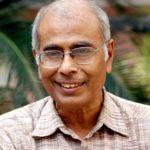
1930: S. R. Bose, cricket test umpire for one test in 1983-84, was born in Bihar.
1932: Anadi Sankar Gupta, great educationist, was born at Goila, Bangladesh.
1936: Dr. Adarsh Sein Anand, justice, was born at Jammu (J & K State). He was the Chief Justice of India from 10/10/1998.
1940: Ramesh Chandra Lahoti, Indian lawyer and jurist, 35th Chief Justice of India



1945: Narendra Dabholkar, Indian author and activist, founded Maharashtra Andhashraddha Nirmoolan Samiti (d. 2013)
1960: Tim Cook, current CEO of Apple Inc.
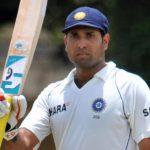
1963: Nita Ambani, Indian businesswoman
1973: Aishwarya Rai Bachchan, Indian model and actress.
1974: Vangipurappu Venkata Sai Laxman, cricketer (Indian Test batsman v S Africa 1996 ), was born in Hyderabad.
1987: Ileana D’Cruz, Indian film actress
Death/ Death Anniversary
1700: Charles II of Spain, the last Habsburg ruler of the Spanish Empire.
1873: Dinbandhu Mitra, Indian-Bengali playwright.
1880: Aga Khan III, Muslim spritual leader, died. He worked for Britian in the WW I & II. He was also responsible in forming the Muslim League.
1894: Alexander III, Emperor of Russia, King of Poland, and Grand Duke of Finland.
1950: Bivuti Bhushan Bandopadhyay, Indian-Bengali writer.
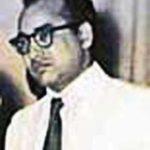
1991: Arun Poudwal, Indian musician, and composer.
1992: Indirabai Khadilkar, a famous singer, died.
1993: Nanodevi, Thumri, Dadra, and Ghazal singers from India.
1996: J. Jayawardene, the second President of Sri Lanka.
1999: Walter Jerry Payton, an American professional football player.
2007: S. Ali Raza, Indian director and screenwriter (b. 1922)

